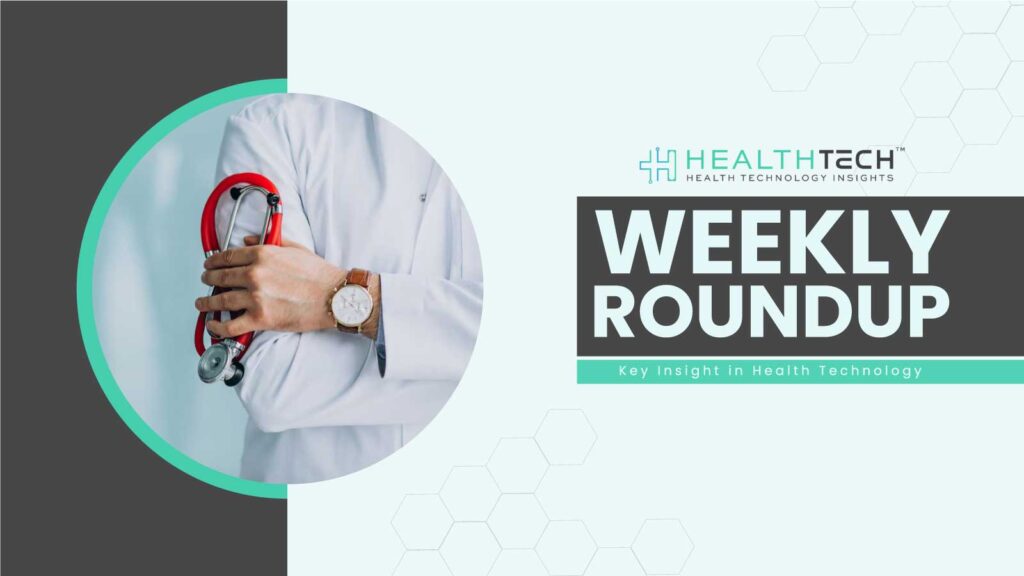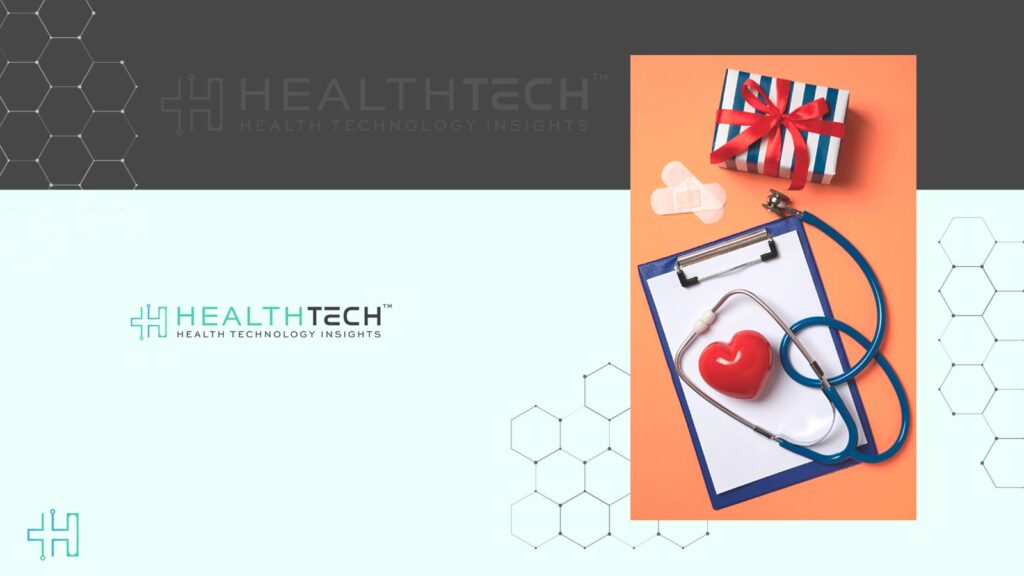Findings show that the overall patient experience remains steady while healthcare estimates are missing the mark
Experian Health released its annual 2025 State of Patient Access Survey, which reveals some alignment between patients and providers but also a few areas of polarization. Patient and provider respondents said access “was about the same” at the highest levels since 2022 (68% and 43%, respectively) and fewer patients are saying that access is worse compared to previous years, which may reflect an overall better experience. Among those that say access is better (16%), the top reason is they can see a practitioner quickly. However, the top challenge for patients that say access is worse (15%) remains being able to see a provider quickly while, ironically, the biggest challenge for providers is getting patients to use the digital access services designed to help remedy this issue.
Health Technology Insights: Health Net, Partners Team Up to Improve Care in Sacramento
Digital services a rocky road for both parties
In recent years providers have made progress in elevating digital services, such as self-scheduling, to remedy patients’ desire to see a provider quickly. While 80 percent of patients surveyed said they want to schedule appointments anytime from their home or mobile device, more than a third of providers (37%) said getting patients to use digital tools is their biggest challenge, and more than half (55%) said patients are unsure how to navigate self-scheduling.
Providers surveyed remain focused on improving the scheduling process with 71 percent saying it’s an urgent priority. More than half (54%) of respondents offer self-scheduling, and another 10 percent plan to offer self-scheduling in the next 6 months.
“It’s great to see progress and a positive shift in how people feel about patient access, but there’s still more to do to make things smooth and clear for patients,” said Clarissa Riggins, Chief Product Officer at Experian Health. “That’s why Experian Health continues to focus on innovating to deliver solutions that meet evolving provider needs and improve the patient journey. Digital tools, patient portals and automation are just the tip of the iceberg as to what technology can do to modernize the healthcare experience.”
Health Technology Insights: Paige and NHS Wales Launch AI PanCancer Pilot at Betsi Cadwaladr
Providers are continuing to put effort towards improving patient access, but they are facing some of the same persistent challenges as in previous years:
- Limited appointment slot availability: 70%
- Staffing shortages: 63%
- Long wait times: 54%
Data collection is still a pain point in RCM
In addition to digital access tools, there are challenges with front to end data collection. One in five patients face challenges before they ever see a doctor due to data and information discrepancies — 22 percent experienced care delays due to insurance verification issues and 20 percent encountered errors in their medical records and/or billing information. Providers are feeling the same stressors — 56 percent say patient information errors are a primary cause of denied claims and 48 percent say data collected at registration and check-in is somewhat or not accurate.
While more patients are receiving estimates — 41 percent in 2025 from 29 percent in 2022 — the accuracy is decreasing — from 78 percent in 2022 to 71 percent in 2025. However, providers recognize the importance of accurate estimates with a majority (88%) saying there is urgency to improve or implement accurate estimates.
Encouragingly, 83 percent of providers also say there is an urgency to improve or implement faster, more comprehensive insurance verification. Providers are turning to automation technologies, such as Experian Health’s Patient Access Curator, which captures patient information including eligibility verification, coordination of benefits (COB), Medicare beneficiary identifiers (MBI), insurance discovery and demographics in real time at registration.
Since 2020, Experian Health has conducted surveys to examine and identify informative trends in the healthcare industry. The surveys dive deep into the systems and strategies that affect patients’ access to care and their experiences.
Health Technology Insights: Socially Determined, Acentra Partner to Advance Population Health
To participate in our interviews, please write to our HealthTech Media Room at sudipto@intentamplify.com
Source – businesswire



